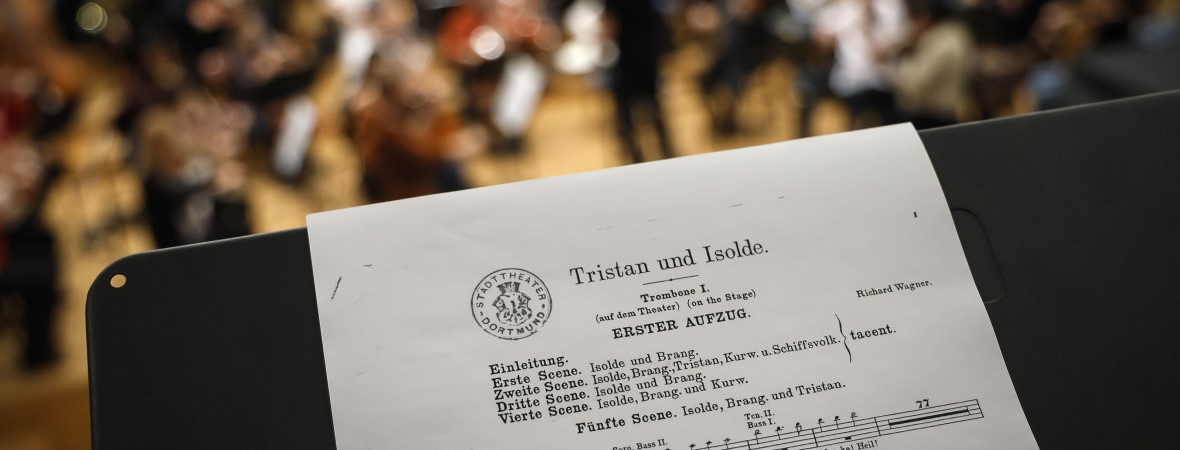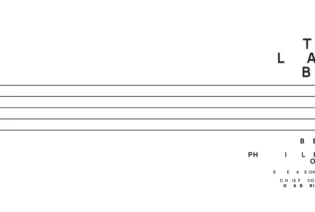
Gabriel Feltz and the Belgrade Philharmonic Orchestra are ready for the musical feat of the season — a five-hour performance of Wagner’s music drama Tristan und Isolde on Friday, February 7 (Kolarac, 5 PM). Joined by an outstanding international cast and the Choir of the Serbian National Theatre Opera, this legendary tale of forbidden love will be brought to life by renowned Wagnerians — Heiko Börner as Tristan and Kelly God as Isolde — alongside a stellar cast including Thomas Lehman, Michaela Selinger, and Nicolai Elsberg.
The immediate inspiration for Wagner’s Tristan und Isolde was his own romantic affair with the wife of his patron at the time, despite being married himself. The work is based on a 12th-century Celtic legend about the tragic love between the nobleman Tristan and Princess Isolde. Dominated by lyrical expression and intense emotional depth, the opera is structured in three acts, musically framed by its two most famous excerpts: the Prelude and Liebestod (Love Death), which serve as the work’s powerful culmination.
After two weeks of intensive preparations, the Belgrade Philharmonic Orchestra is ready to embark on a marathon five-hour performance journey, featuring two intermezzi between acts. Due to its length, the concert will begin in the afternoon hours. Performance of Wagner’s monumental piece marks a new artistic milestone for the Belgrade Philharmonic Orchestra – with 110 musicians on stage, 13 rehearsals and 40 hours of preparation dedicated to mastering an astonishing 619-page score, the scale of this production is truly extraordinary. For the audience, it will be incredibly exciting to also experience the music emerging from beyond the stage, enriching the vivid and lavish storyline.
The musical drama Tristan und Isolde is undoubtedly a monumental work of world musical literature and one of the most significant achievements in the entire history of music. The Belgrade Philharmonic Orchestra first performed it in June 1968, conducted by Oskar Danon and D. Freckmann, followed by five performances in 1976 under the baton of Živojin Zdravković. Now, nearly half a century since its last performance, the Orchestra is once again bringing this masterpiece to life, led by its current chief conductor, Gabriel Feltz, an experienced Wagnerian.
Due to its extraordinary complexity, the score of Tristan und Isolde is rarely performed in its entirety. However, parts of its score are widely recognized, having been featured in films by renowned directors such as Alfred Hitchcock, Luis Buñuel, Baz Luhrmann, and Lars von Trier.






